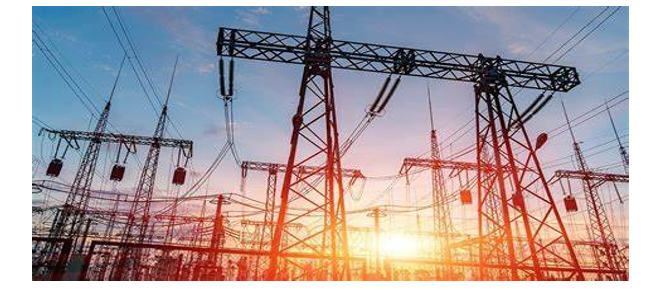INP-WealthPk
Amir Saeed

The requirement to make payments to Independent Power Producers (IPPs) in foreign currency is a big drain on Pakistan's foreign exchange reserves, thus sparking calls for converting these payments into rupee to ease pressure on dollar availability. Talking to WealthPK, Kaiser Bengali, former economic adviser to the Sindh government, said that it has always been a problem for Pakistan that its IPP payments were made in the US dollar. "The country has signed multiple contracts with IPPs based on values expressed in US dollars. The payment commitments to these IPPs increase as power plants operate and energy demands rise, putting more strain on the country's foreign reserves." He highlighted that contracts with IPPs need to be renegotiated to decrease the pressure on foreign reserves. "These contracts were set in foreign currency to protect IPPs against changes in exchange rate, putting pressure on foreign reserves.
To balance this, the government should make sure the IPPs receive adequate compensation in rupees, safeguarding the country's foreign reserves while maintaining financial stability for these power producers." Bengali explained that lowering the demand for foreign exchange would improve the stability of the local currency and lead to a more stable exchange rate. "The stability of local currency would attract domestic and international investment, boosting overall economic confidence." He suggested the government's extensive collaboration with IPPs and other stakeholders for the smooth implementation of the rupee payment mechanism. "To minimise potential hazards and guarantee a seamless transition, transparent agreements and a phased implementation strategy would be beneficial." Talking to WealthPK, Dr Anwar Shah, a development economic researcher at Quaid-i-Azam University, Islamabad, said that energy tariffs in Pakistan are significantly influenced by payments made to IPPs in US dollars. "The expense of making these payments puts further strain on finances given the country's meager foreign exchange reserves and the rupee's volatility."
He added that the cost burden on the energy sector increases as the rupee depreciates or if dollar payments increase, which frequently leads to higher energy tariffs for customers. "This cycle of rising tariffs makes things more difficult financially for businesses and households, which leads to more general economic problems." He suggested that the government should lessen the pressure on foreign reserves by converting IPP payments into rupees. "However, there are difficulties in converting the payments into domestic currency. IPPs operating in Pakistan could oppose the conversion when faced with unfavourable terms or changes that impact their revenue streams. Therefore, a well-organised framework and clear communication are crucial to address concerns and ensure a smooth transition." Anwar pointed out that the conversion process would require careful management by the government to prevent any disruptions in energy supplies or investor worry. "Assuring that this policy change won't hurt the sustainability or profitability of IPPs is also very important."
Credit: INP-WealthPk




